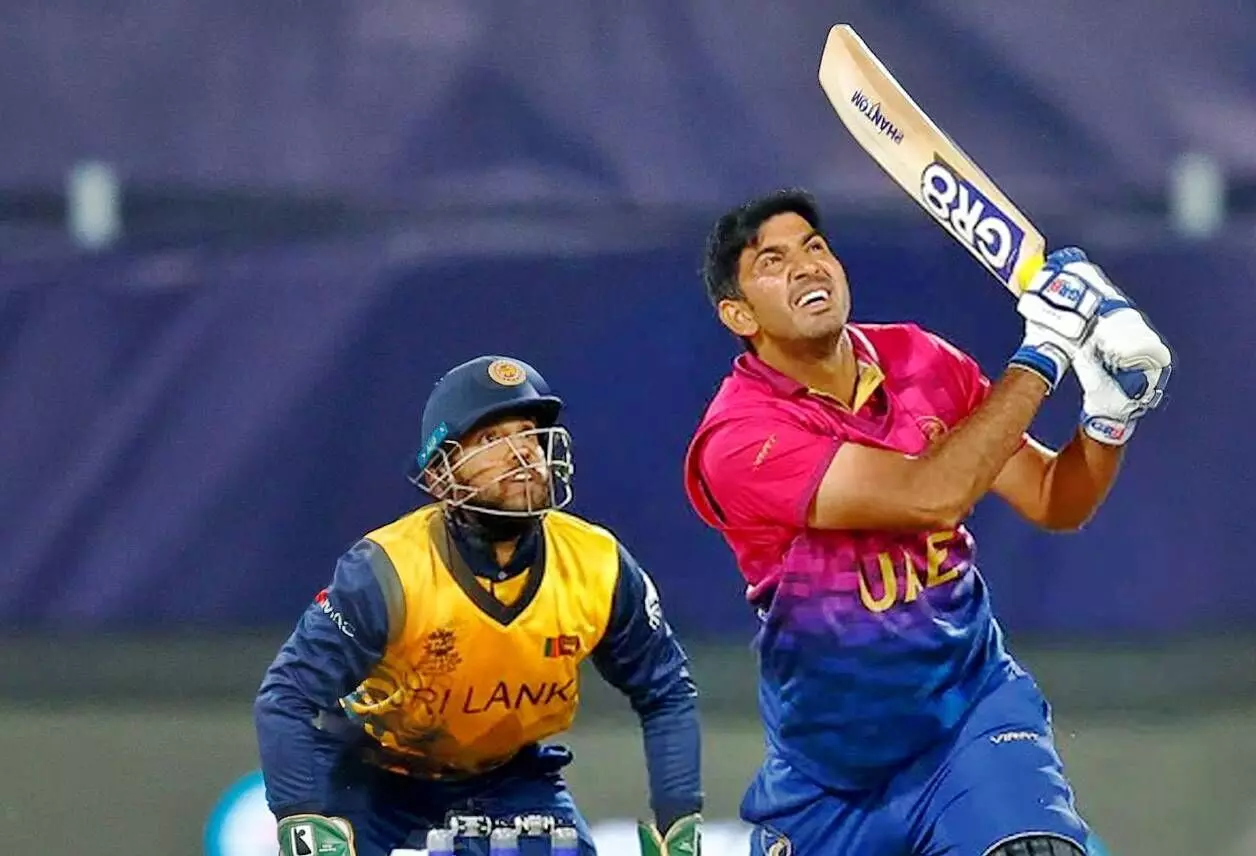A billion hearts will beat faster at the Narendra Modi Stadium in Ahmedabad, Gujarat, that is all set for the nail-biting Cricket World Cup Final to be held tomorrow, November 19, between India and Australia.
The International Cricket Council (ICC) Men’s Cricket World Cup 2023, which began on October 5, had teams from 10 countries participate in it with the Indian team, led by skipper Rohit Sharma, storming into the finals.
This world cup is also very special for another reason. It is for the first time that cricket bats made out of the wood of Kashmiri Willows were used in the Cricket World Cup. The International Cricket Council had sanctioned their use.
Team members from Afghanistan, Sri Lanka, and Bangladesh wielded the Kashmiri willow. And there is a great sense of pride among the members of the 102 years old bat industry of the Valley.
Also Read: “She started playing using a piece of bamboo as a hockey stick and a custard apple as the ball”
Globally, the most preferred wood for the production of cricket bats is willow, with two main types being English willow and Kashmir willow.
Kashmir willow is known for its toughness and shock resistance, making it a popular choice for professional cricket players. There are several popular brands that manufacture Kashmir willow cricket bats such as Gunn & Moore, Kookaburra, Gray Nicolls, Sanspareils Greenlands, and Slazenger.

GR8 Sports, a bat manufacturing company in Kashmir’s Sangam supplied these bats to teams like Sri Lanka, Bangladesh, and Afghanistan. In the past, the cricket teams of the United Arab Emirates (UAE), West Indies, and Oman have also used them at international matches.
Sangam village in Anantnag district is famous for the cricket bats that are made from the willows that grow there. A manufacturer in Sangam village has been given the nod of approval by the ICC.
While the Kashmiri willow bats have been used before in other international tournaments, this is the first time that they will be used in the world cup.
Also Read: He Worked as a Daily Wager & a Waiter. And Has Now Won a Bronze Medal at Asian Games
GR8 Sports, a bat manufacturing company in Kashmir’s Sangam supplied these bats to teams like Sri Lanka, Bangladesh, and Afghanistan. In the past, the cricket teams of the United Arab Emirates (UAE), West Indies, and Oman have also used them at international matches.
As per news reports, around 75,000 willow trees are cut annually to feed the coveted wood to the bat industry in the state. A tree that attains a girth of about 147 cm is felled to feed the raw material for the bat industry. The felling of willow trees begins in autumn and stops by spring in Kashmir.
It is reported that over the past two years, more than 185,000 cricket bats crafted in Kashmir have been exported to various cricket-playing nations.
Manufacturers however are worried that their raw material is fast depleting.












